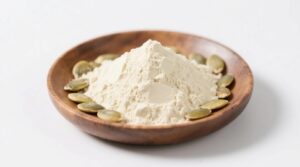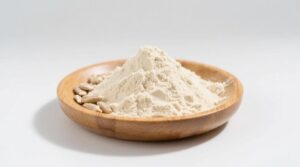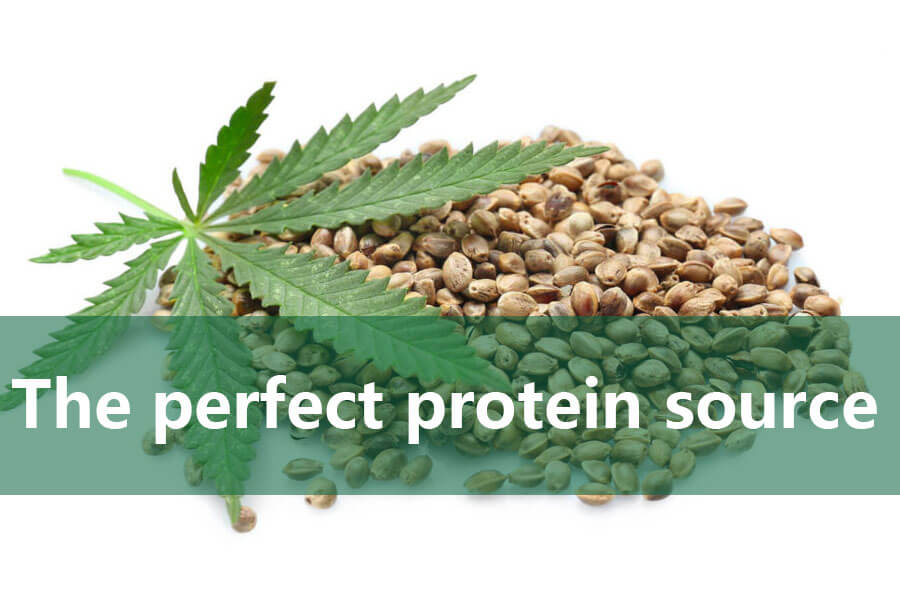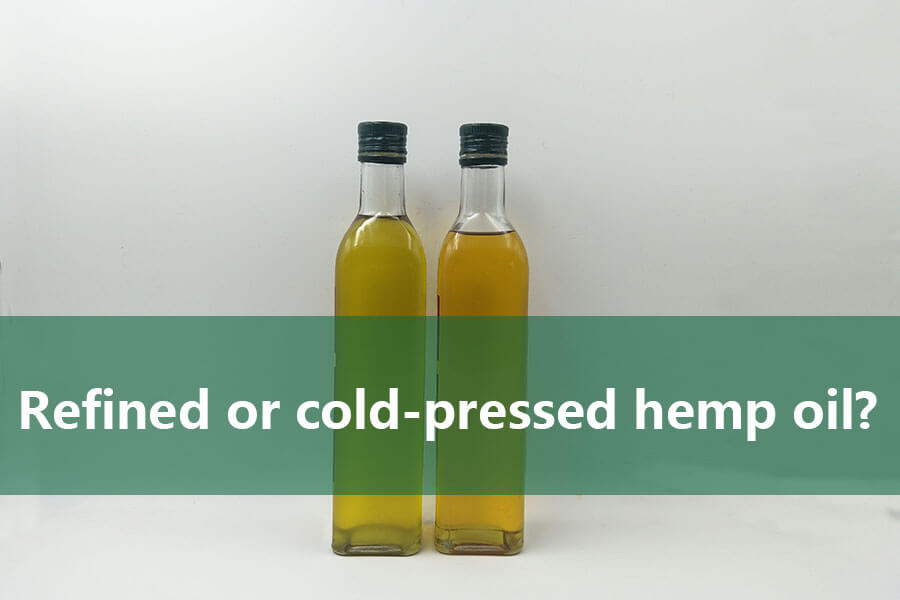The plant-based protein aisle is crowded with options, but two stand out: pea protein and the rising star, organic pumpkin protein powder. While pea protein dominates for muscle building, pumpkin protein offers a unique blend of nutrition, digestibility, and earth-friendly perks. Let’s unpack which protein truly deserves a spot in your pantry—and why organic matters.
Pea vs. Pumpkin Protein: Head-to-Head Comparison
| Factor | Pea Protein | Organic Pumpkin Protein |
|---|---|---|
| Protein Content | 80–90% per serving | 60–70% per serving |
| Amino Acid Profile | Incomplete (low methionine) | Complete (all 9 essential amino acids) |
| Digestibility | High (may cause bloating) | Gentle, easy on sensitive stomachs |
| Fiber | 1–2g per serving | 8–12g per serving (prebiotic) |
| Minerals | Iron (15% DV) | Magnesium (40% DV), zinc (20% DV) |
| Allergen Risk | Low (rare pea allergies) | None (hypoallergenic) |
| Sustainability | Moderate (water-intensive) | Low (uses crop byproducts, regenerates soil) |
5 Reasons Organic Pumpkin Protein Powder Wins
- Complete, Balanced Amino Acids
Pumpkin protein naturally contains all nine essential amino acids, including lysine and methionine—unlike pea protein, which requires blending with rice protein for completeness. - Gut Health Champion
With 10x more fiber (including prebiotics), pumpkin protein feeds beneficial gut bacteria, easing constipation and reducing IBS symptoms. - Magnesium & Zinc Powerhouse
Critical for sleep, stress relief, and immune function—areas where pea protein falls short. - Kidney-Friendly & Anti-Inflammatory
Low purine content reduces kidney strain, while cucurbitin fights inflammation linked to arthritis. - Zero Bloating
Unlike pea protein’s lectins and oligosaccharides (which can cause gas), pumpkin protein is gentle and easy to digest.
When Pea Protein Might Be Better
- Bulking Goals: Higher protein content (25g/serving vs. pumpkin’s 18g) supports rapid muscle gain.
- Budget-Friendly: Pea protein is often cheaper due to mass production.
Why “Organic” Is Non-Negotiable for Pumpkin Protein
Conventional pumpkin crops are often sprayed with glyphosate and neonicotinoids. Certified organic pumpkin protein powder ensures:
✅ No synthetic pesticides or GMOs
✅ Heavy metal testing (lead, cadmium)
✅ Upcycled sourcing (uses pumpkin flesh after seed oil extraction, reducing waste)
Who Should Choose Pumpkin Protein?
- Digestive Warriors: IBS, Crohn’s, or leaky gut sufferers.
- Plant-Based Newbies: Mild, nutty flavor beats pea’s earthy aftertaste.
- Active Lifestyles: Magnesium aids muscle recovery and sleep.
- Planet Advocates: Pumpkin farming uses 70% less water than peas.
How to Use Organic Pumpkin Protein Powder
- Morning Boost: Blend into oatmeal with cinnamon and almond butter.
- Savory Soups: Stir into butternut squash soup for creamy thickness.
- Pre-Workout Bars: Mix with dates, oats, and dark chocolate.
- Baking: Substitute 20% flour in muffins or pancakes.
FAQs
Q: Can pumpkin protein replace whey?
A: For general wellness, yes! Pair with sunflower seed protein for muscle-building completeness.
Q: Does pumpkin protein have carbs?
A: Yes—13g per serving (vs. pea’s 2g), making it ideal for sustained energy.
Q: Taste comparison?
A: Pumpkin is subtly sweet and nutty; pea is earthy and gritty.
Q: Safe for nut allergies?
A: Yes! It’s allergy-friendly and often processed in dedicated facilities.
The Verdict
While pea protein excels in pure protein content, organic pumpkin protein powder is the holistic winner for everyday wellness. It’s not just a protein—it’s a fiber-rich, mineral-dense, planet-loving superfood that nourishes your body without compromise.
Ready to Embrace the Pumpkin Revolution?
Fuel your day with certified organic pumpkin protein powder—nature’s gentle, nutrient-packed answer to plant-based protein. Blend, bake, or stir your way to vibrant health, one spoonful at a time.
Nourish better, live lighter.
Related Products
Organic Pumpkin Seed Protein Powder
Organic pumpkin seed protein powder offers ≥60% protein with unique sleep support, prostate health, and…
Organic Sunflower Seed Protein Powder
Organic sunflower seed protein powder offers ≥80% high-quality plant protein with excellent digestibility and hypoallergenic…




